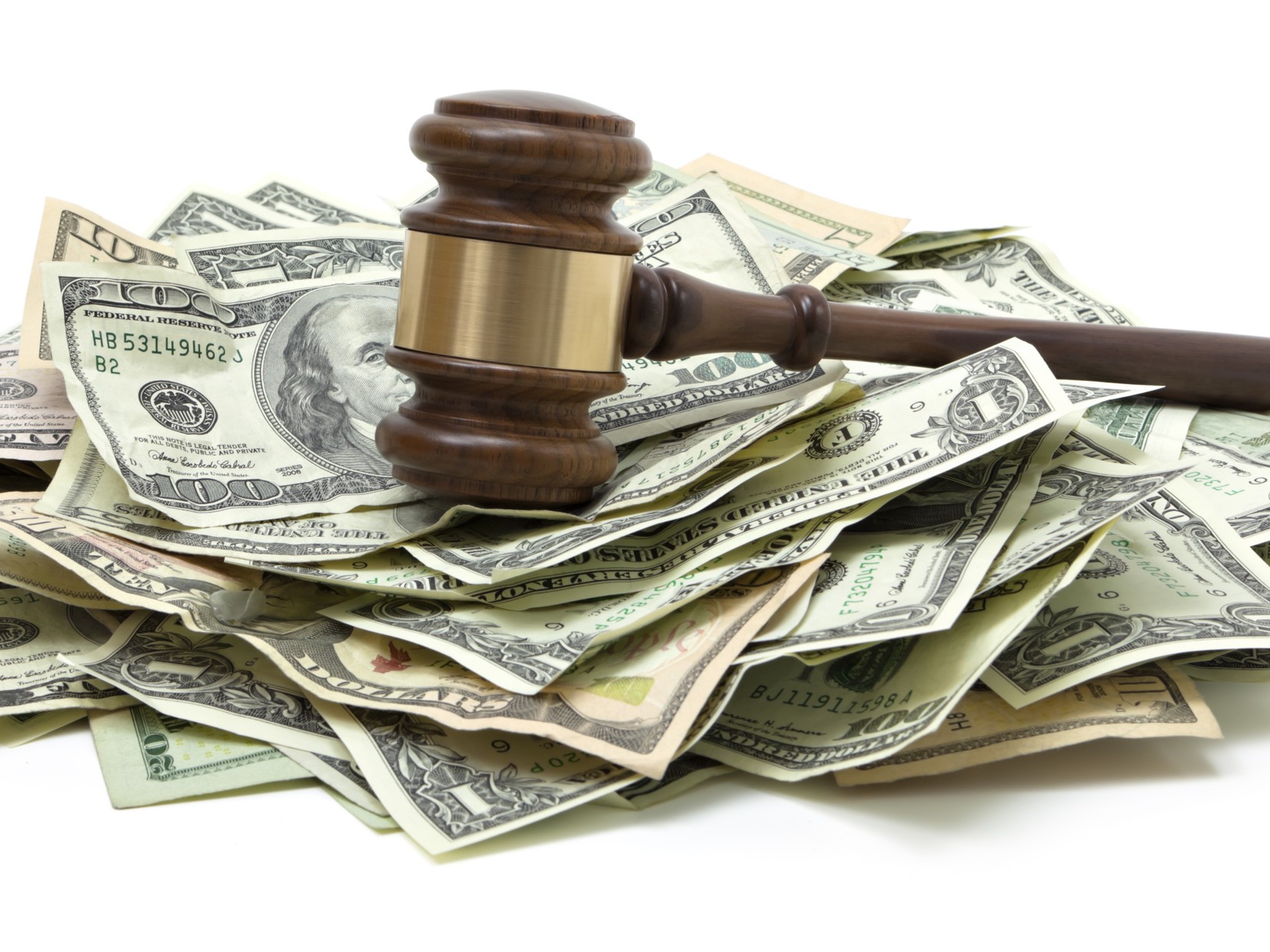Perspective | How Britain’s Hidden Insurance Tax Punishes Prudent Citizens
Last year, I paid more in tax than I earned.
I didn’t earn much, which makes my tax problem worrying, since so many people fall into that category. If I’d earned a living wage, the tax rate would have been lower. If the corporate taxes subsumed into the price of the goods and services I bought were added in, the tax rate would have exceeded 130% of my income. This occurred under the “lowtax” party in the UK.
In July, the other party took power with an overwhelming parliamentary majority, effectively rendering Britain a one-party state. The new government vows to tax people like lemons — “until the pips squeak” — and has already begun the process. Within three weeks of taking office, they’d cut my income and raised my tax bill.
In Britain, personal taxes include a range of income taxes; capital gains tax; head tax (mine last year was $10,000 after a 25% rebate for being single); sales tax at 20% on almost everything, including food; tax on gasoline and pensions; parking tax; punitive taxation on smoking; tax on watching TV (which I don’t do but still pay); and, among others, insurance tax.
Insurance tax adds 12% to the price of most insurance premiums in Britain, and 20% on various lines, including pet and travel insurance. It’s a hidden tax. Last year, a survey revealed that two-thirds of insureds had no idea they were paying it — and blamed insurance companies exclusively for the high cost of cover.
The insurance tax yields no specific benefits. It goes into the pot of money that the government may spend as it sees fit. Insurance tax was introduced in 1994 at a flat rate of 2.5% and raised less than $200 million that year. In 1998, the two-tier insurance tax was introduced, with rates at 4% and 17.5%; this raised $1.5 billion.
Since 2011, the tax has been steadily increased to today’s 12% and 20%, and it now raises more than $10 billion annually. Government taxes those who buy insurance to protect themselves and their families, thus punishing the prudent. If you’re uninsured, you don’t pay the tax.
The government doesn’t think like that. It runs its operations at a massive deficit, even allowing for the oddities of government accounting, and taxes everything it possibly can. One key driver of the deficit is the wildly generous pensions that successive governments have granted to themselves and, as justification, extended to their civil servants.
Last year, government employees’ unfunded pension liability exceeded the gross national product. The new government plans to grow the economy by increasing taxes. You read that right. This is the party that introduced a 99.5% income tax in 1949 — you read that right, too — and 127.5% sales tax in the 1960s.
By 1965, the top rate of income tax had fallen to 95%, when George Harrison, channeling the taxman, wrote “It’s one for you, nineteen for me.” I can’t imagine by what margin my taxes will exceed my income next year. As a final insult, when I die, the government will take about a third of whatever I’m lucky enough to have left out of an already heavily taxed income.
Slaps forehead. Stops writing. &










